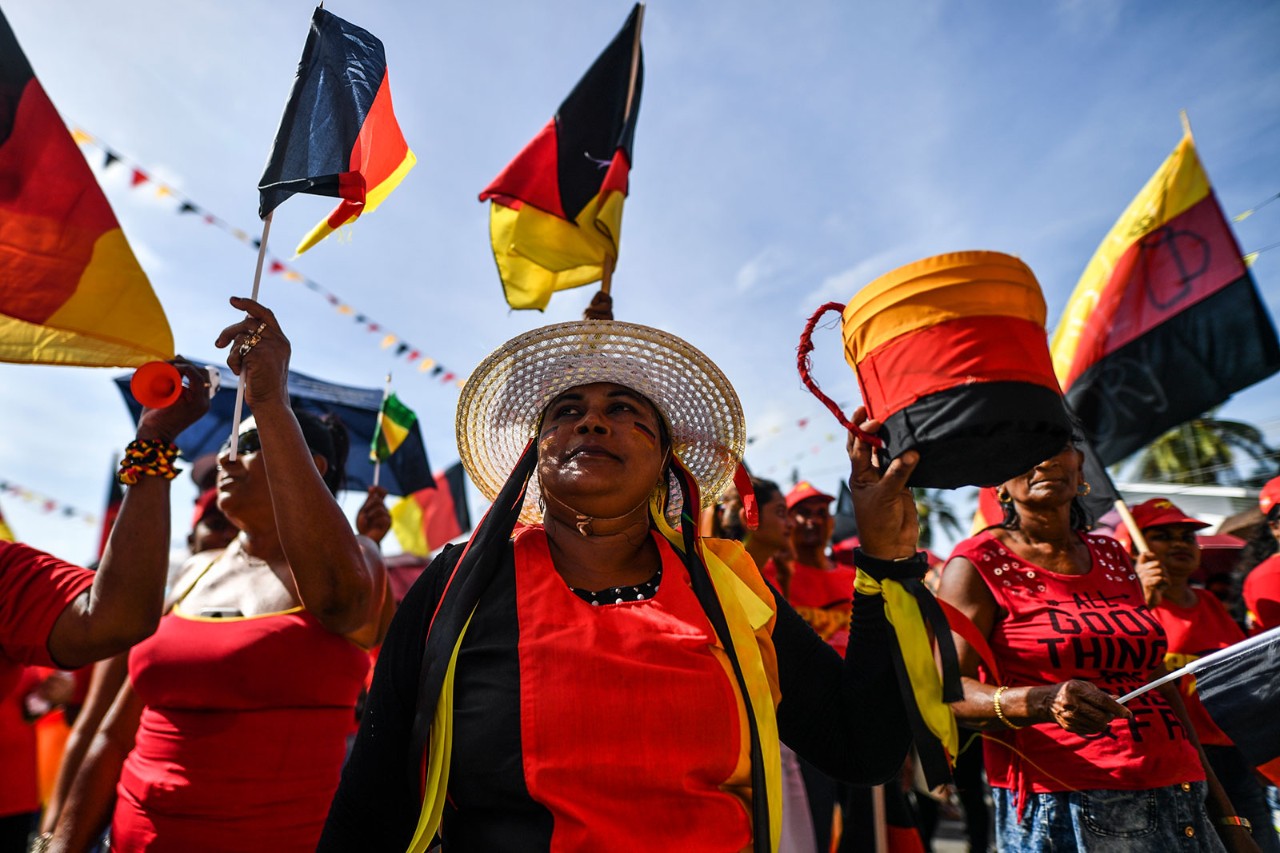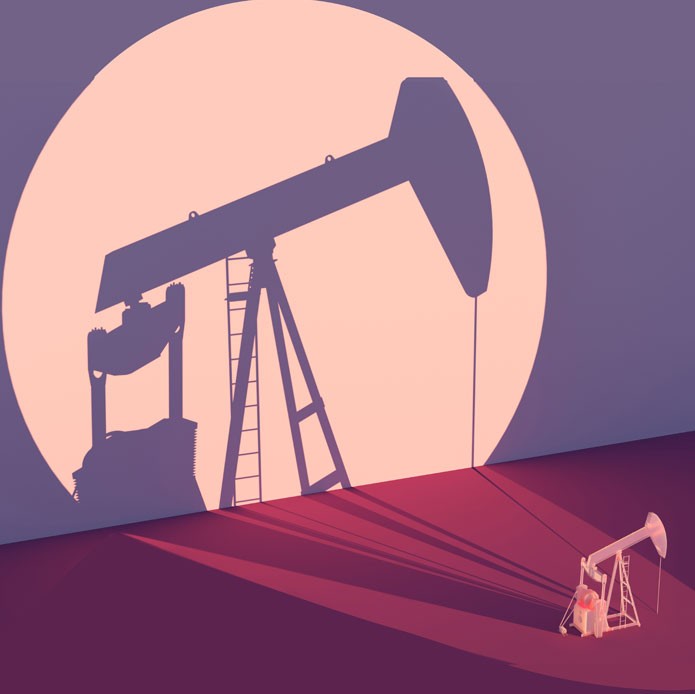
High-profile cases relating to the misuse of oil revenues ensure that the issue of corruption is never far from the headlines.
Take Brazil’s Petrobras scandal, in which an estimated US$2.1bn was siphoned off from the huge majority-state-owned oil company in bribes and secret payments to officials and politicians in exchange for contracts.
In Angola earlier this year, Africa’s richest woman, Isabel dos Santos, daughter of a former president, was accused of embezzlement and money laundering during her time as chair of Angola’s state oil company Sonangol.
Oil boom ahead?
At the start of 2020, South America’s second poorest country, Guyana – 2018 GDP under US$5,000 per head of its 800,000 population – exported its first barrels of crude oil. The tiny country was anticipating an oil boom, looking to extract as many as eight billion barrels from the Atlantic sea floor and so become a major western hemisphere producer.
Then the pandemic struck, slashing demand for oil and causing oil prices to plummet. In Guyana, hopes that 2020 would be the year revenues started to flow were dashed.
Even so, over time spectacular sums are still likely to become available to finance government contracts in Guyana. Amid warning signs of the so-called ‘resource curse’ – in which a country’s new oil wealth crowds out other productive economic sectors and breeds corruption – how to use this windfall to promote inclusivity and prosperity was a dominant factor in the election campaign earlier this year, with recently elected President Irfaan Ali vowing to crack down on corruption.
Transparency under scrutiny
A rise in revenues will significantly augment the need for enhanced transparency and accountability in all levels of governance – a culture change that many other new oil-producing countries have struggled to achieve.
In Transparency International’s 2019 Corruption Perceptions Index, Guyana was one of only 22 countries to have significantly improved its scores in the last eight years (see graphic). However, critical audit reports emanating from the Audit Office of Guyana, the country’s supreme audit agency, have highlighted several cases of financial irregularity involving huge sums of money. When oil revenues do begin to flow, it is crucial that these are not diverted.
Corruption Perceptions Index rankings 2019
Placed 85th out of 180 countries, Guyana’s public sector corruption score was just below the global average, but well ahead of neighbour and fellow South American oil producer Venezuela which ranked 176th.
United front
Eradicating institutionalised corruption in Guyana will require long-term measures and a cultural shift:
- The electorate will need to look more closely at the reputations and track records of the candidates campaigning for their votes.
- Effective moral constraints need to be developed through teaching at all levels, including in schools and colleges, faith-based institutions and civil society as a whole.
- Systems are only as good as the people who manage them and these tenets will need to be adopted by policymakers.
- Finance professionals in private and public practice – with support from organisations such as ACCA –can augment the detection work of anti-corruption bodies.
First steps
A 2018 report from the Inter-American Development Bank (IADB) made a raft of recommendations. These included strengthening institutions and implementing sound tax and expenditure policies, including public investment management; strengthening the budgetary process; enhancing human capital in key institutions; improving institutional capacity within key government ministries; and, critically, improving procurement rules, increasing transparency and achieving good governance.
The previous government had introduced some measures to improve the position, such as the reactivation of various oversight institutions, including an Integrity Commission, which requires asset declarations from public servants, and a Public Procurement Commission.
These anti-corruption efforts have been supported by funds from international donors. The World Bank, for instance, has committed to providing US$55m to be spent on strengthening transparency, governance, institutional capacity and the energy regulatory environment, including oil and gas.
Meanwhile, in 2018 the Inter-American Development Bank announced that it would provide a US$11.64m loan to strengthen the governance of Guyana’s oil and gas sector and to diversify its energy matrix. Moreover, the new administration is keen to create an enabling environment for the augmentation of anti-corruption work and has also indicated that it will implement campaign finance reform.
Share the same goals
Having the right people in office is key to driving change. In countries where corruption is endemic, public officials and government bureaucrats often do not share the same goals as the people they represent and are highly susceptible to bribery.
To achieve the necessary change of approach among politicians and other actors in public services, as well as in the private sector, radical change will be required from the bottom up and the top down (see box).
The promotion and adoption of new behaviours could be a stepping stone on the path to eradicating – or at least reducing – corruption. If such change can be achieved, over time it could constitute a valuable contribution towards achieving inclusive growth and prosperity.
In 1996, the then-president of the World Bank, James Wolfensohn, declared that, for developing countries to achieve growth and poverty reduction, it would be necessary to deal with ‘the cancer of corruption’.
His challenge is as valid today as it was when he laid it down – and just as well worth pursuing, not just in Guyana but in all countries affected by corruption.





